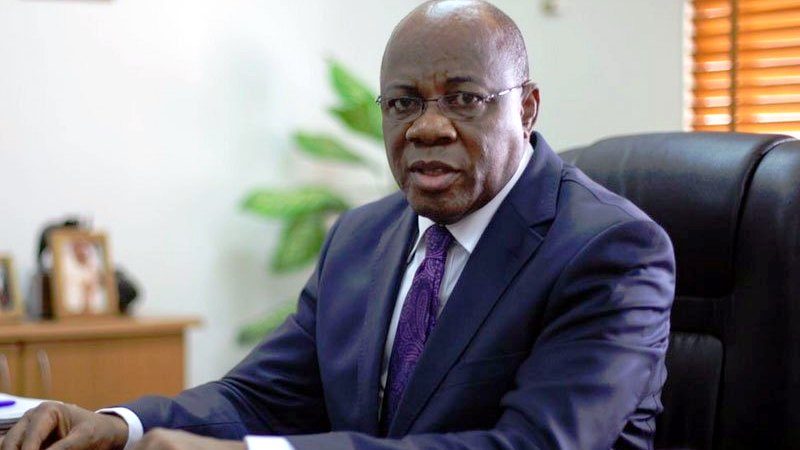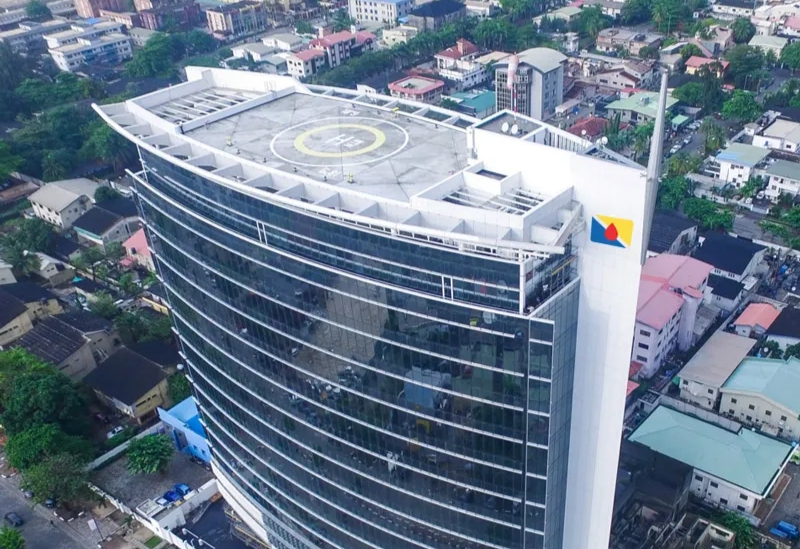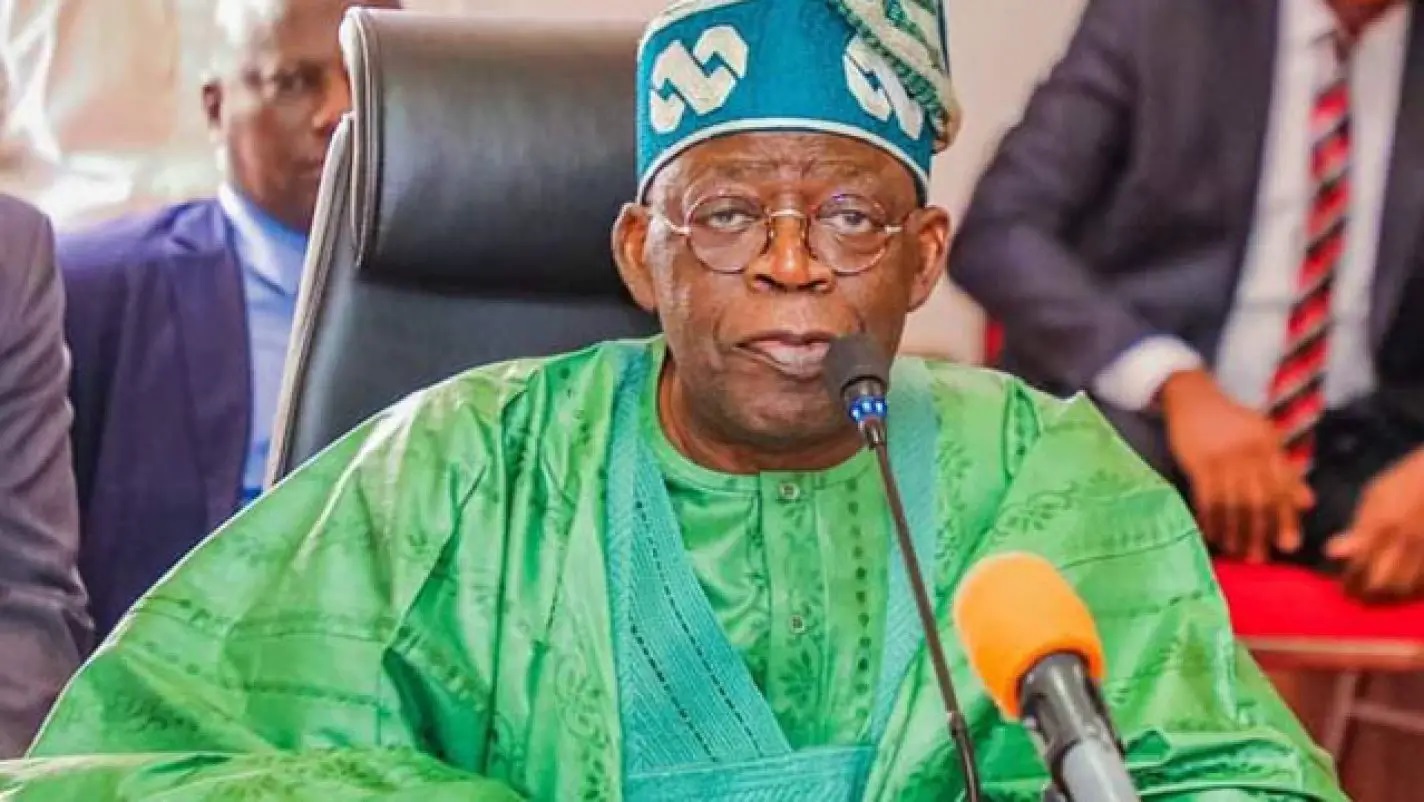*Says govt interference, inadequate funding hindering anti-graft war
Emmanuel Addeh in Abuja
Chatham House, a leading UK-based independent policy institute, has said that corruption in Nigeria has continued to hamper economic growth and erode trust in public institutions in the country, despite 25 years of attempts at reforms by various administrations.
Chatham House, an organisation established in 1920, stated this in a new report written by its Associate Fellow, Africa Programme, Dr Leena Hoffmann and Comment Editor, Communications and Publishing, Tommy Hilton.
According to the organisation, corrupt practices are deeply entrenched across various levels of Nigeria’s government and society and permeate politics, public administration, law enforcement and the judiciary, often undermining the delivery of basic services.
However, the report is coming less than a week after President Bola Tinubu claimed during an official engagement in Brazil that his administration had rid the nation of corruption, hinging the ‘success’ on his government’s economic reforms.
“The reforms I’ve embarked upon since I took over in Nigeria have been very impactful. I can beat my chest for that. It was initially painful, but today the result is blossoming. It’s getting clearer to the people. We have more money for the economy… no more corruption,” Tinubu had said at the event
However, the Chatham House report stated while most Nigerians disapprove of corruption, many tolerate or even engage in corrupt practices as they see it as the only way of surviving in a dysfunctional system.
The organisation said the report builds on the extensive research of Chatham House’s Social Norms and Accountable Governance (SNAG) project, funded by the MacArthur Foundation, which provides a compelling snapshot of the state of corruption in Nigeria, and the norms and expectations surrounding it.
In buttressing its position, Chatham stated that Nigeria is ranked among the world’s 40 most corrupt countries on the Corruption Perceptions Index (CPI) and 35th from bottom on the World Bank’s list of countries measured by their control of corruption.
Within Africa, it stated that Nigeria ranks 33rd for overall governance out of 54 countries measured in the Mo Ibrahim Index of African Governance (IIAG), which takes into account various measures including anti-corruption mechanisms and how successful they have been.
“Corruption has eroded the basis for Nigeria’s economic prosperity and negatively impacted its growth. This is evident when looking at Nigeria’s Gross Domestic Product (GDP) figures. While Nigeria has the fourth largest economy on the African continent by GDP, its GDP per capita – a more accurate measure of prosperity – is among the lowest in Africa.
“Corruption continues to be a defining feature of Nigeria’s governance, public administration and political life, hindering its full potential and global standing. At its core, corruption diverts public resources away from vital sectors such as education, healthcare and infrastructure, fuelling poverty and inequality. More than half of all Nigerians – approximately 54 per cent – live in poverty,” the report said.
Beyond the economic wellbeing of Nigeria, corruption, Chatham House said, has weakened the rule of law and undermined the public’s trust in critical institutions to deliver justice and protect peoples’ lives and basic rights.
Such an erosion of trust, according to the report, fosters a culture of impunity, where many individuals believe – rightly or wrongly – that corruption is the reality of life in Nigeria and that many engage in corrupt practices without facing consequences.
This sense of the corruption being intractable, it said, has fuelled the frustrations of some marginalised groups and the sense of hopelessness among some of Nigeria’s youth, as these grievances, in turn, drive emigration, protests, political violence and even fuel extremist insurgencies.
Besides, the report stated that corruption also impacts social cohesion and national unity, highlighting that the persistent impunity surrounding corruption also risks eroding ethical values and encouraging a culture of self-interest, where both elites and ordinary citizens increasingly prioritise private gain over the collective good.
“This has exacerbated Nigeria’s societal challenges, perpetuating a vicious cycle of corruption, systemic inefficiencies and underdevelopment,” it said.
While Nigeria suffers from extensive corruption, extensive research by Chatham House and others showed that Nigerians largely oppose corruption and acknowledge its harmful effects on the country.
“Chatham House’s survey data shows a substantial proportion of the population distrust key institutions. Governance and law enforcement institutions are the most distrusted: Nigeria’s police force has the lowest level of trust, highlighting deep-seated challenges related to corruption, abuse of power and lack of accountability.
“Lower trust in governance institutions (i.e. federal, state and local government) also reflects concerns over the efficiency and transparency of government spending and most citizen’s experiences with inadequate public services. The crisis of trust in Nigeria’s justice system is a stark indictment of compromised courts, which are widely perceived as politically captured and therefore unable to guarantee impartiality and equitable access to justice,” it added.
Quoting from its latest SNAG survey results, it stated Nigerians showed mixed levels of trust in others, with a significant factor contributing to tolerance of corruption being the perception that it is the price for getting things done, and there is little to no consequence for wrongdoing.
“Moreover, the culture of clientelism and patronage prevalent in Nigeria has normalised corrupt practices. Social connections, family ties, and political allegiances often play a significant role in determining access to resources and opportunities.
“In a society where basic services are often unreliable and access to opportunities limited, individuals may resort to bribery or other corrupt acts to secure essential services, navigate bureaucratic hurdles, or gain an advantage in the marketplace,” it pointed out.
While decades of military rule, it said, have stymied development of democratic institutions, it also blamed insufficient funding for anti-corruption agencies, coupled with political interference, as key factors undermining the effectiveness of key institutions that were established or reconstituted after the end of military rule 25 years ago.
The post Chatham House: Corruption Undermining Nigeria’s Economic Growth, Eroding Public Trust appeared first on THISDAYLIVE.





